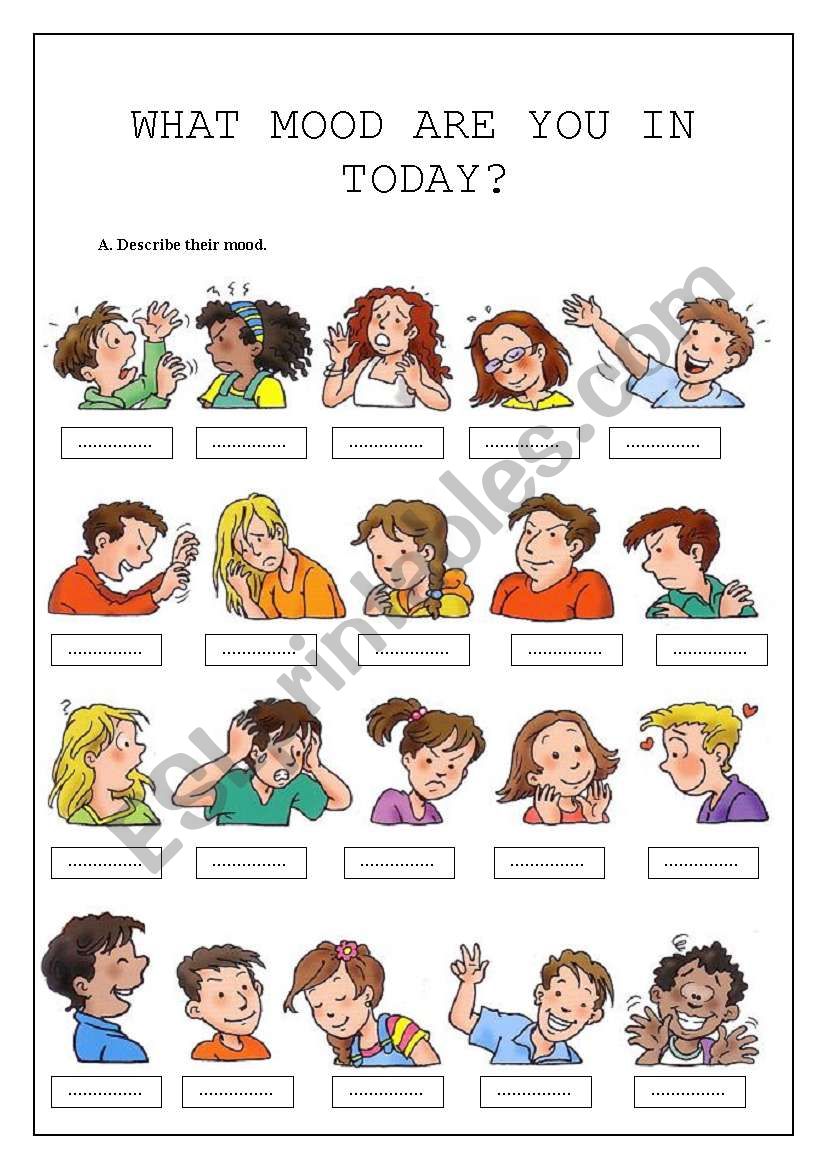

If have any of the symptoms above or simply don’t feel like yourself, tell your doctor or midwife right away. Scary or intrusive thoughts that don’t go away.Heart palpitations, rapid breathing or muscle tension.Feeling very anxious about becoming a mom or worrying about the baby.Lack of interest in things you normally enjoy, or feeling like you’re just going through the motions.Changes in your eating or sleeping habits.Feeling restless or having trouble concentrating.Feeling very sad, irritable or angry out of nowhere.Let your provider know if you experience symptoms like: But intense or persistent mood changes that interfere with daily life could be signs of pregnancy depression or anxiety. Some ups and downs during pregnancy are par for the course. When to talk to your practitioner about pregnancy mood swings You’re going through a big life change - and all of the emotions that come with it are 100 percent valid. Don’t feel bad if you have mixed feelings about being pregnant or even about becoming a parent. People might expect you to be over-the-moon happy all the time about your pregnancy, but that’s not realistic. Knowing you’re doing your best to keep you and your baby healthy will feel good, too. Regularly seeing your provider gives you a chance to talk about your concerns as they come up, so they’re not weighing on your mind.

Meeting other moms-to-be is a welcome reminder that whatever you might be feeling right now, you’re not alone. Try a prenatal exercise class or support group, or sign up for a childbirth class. Try not to overload your plate with commitments, and make time for stress management tactics like journaling, meditation, yoga, regular baths or even just talking walks. Having a baby is a major life change, so try to keep other areas of your day-to-day life calmer. Get enough sleep, make time for regular exercise, eat healthy, satisfying meals and snacks, and limit sugary junk food. Nibbling on a sugary treat like a chocolate bar or doughnut may offer a quick pick-me-up, but it'll also lead to a sharp dip in blood sugar that will bring you crashing down soon after. Eating regular snacks in between meals - ones that include protein and complex carbs, like a cheese stick and a handful of trail mix, for instance - may help steady your emotions. They’re along for the ride too, so fill them in on your feelings - including your fears, concerns and joys. When you're feeling down, find ways to lift yourself up: Get an extra hour of sleep, treat yourself to a manicure or prenatal massage, sign up for a prenatal exercise class or plan a romantic dinner for two at your favorite restaurant. Mood swings are a completely normal part of pregnancy, which means it's normal if you're experiencing them. Mood swings during pregnancy are normal, but there are ways to get on a more even keel.

(Hey, you’ve got a lot on your mind by then!) Others find that their moods stay more sensitive throughout their entire pregnancy - and that’s normal, too. Many pregnant people find that the highs and lows start to even out as their pregnancy progresses, only for the mood swings to ramp back up as they near their due date. For some women, mood swings are one of the earliest signs of pregnancy, starting as soon as week 4. When do pregnancy mood swings start?Įmotional turbulence tends to hit hardest during the first trimester, as your body is adjusting to changing hormone levels. Know that these feelings are completely normal (and that you're going to be wonderful parent). One minute you may be thrilled about becoming a mother ( I've always wanted a baby!) - the next minute, you might be freaking out about becoming a mother (W hat the heck do I know about babies?). Hormones aside, it's no wonder your emotions are so up and down now that you're expecting: Just look at all the ups and downs you're going through. During pregnancy, the body ramps up production of estrogen and progesterone, which can trigger moodiness as well as other not-so-fun side effects like nausea and fatigue. Your emotional rollercoaster ride is at least partially fueled by hormones. While your ricocheting moods might make you feel frustrated, these emotional surges are a totally normal - and even expected - part of being pregnant.


 0 kommentar(er)
0 kommentar(er)
